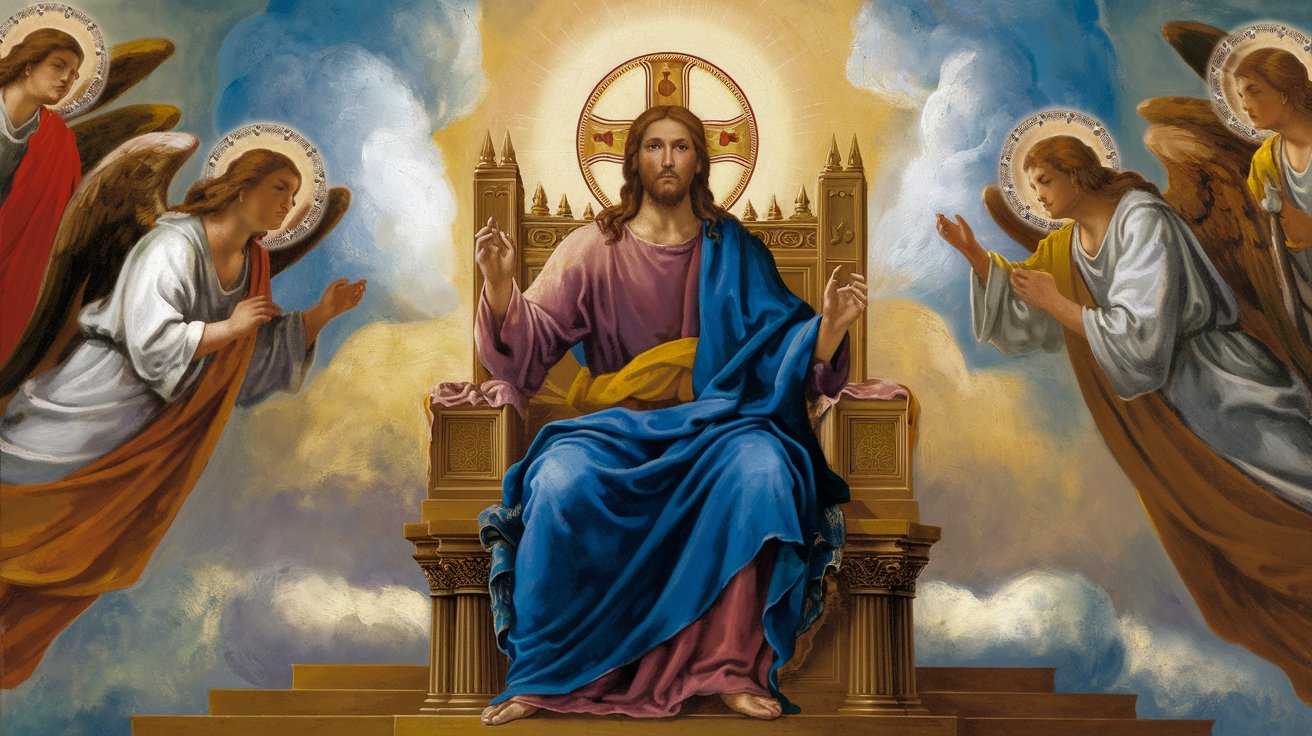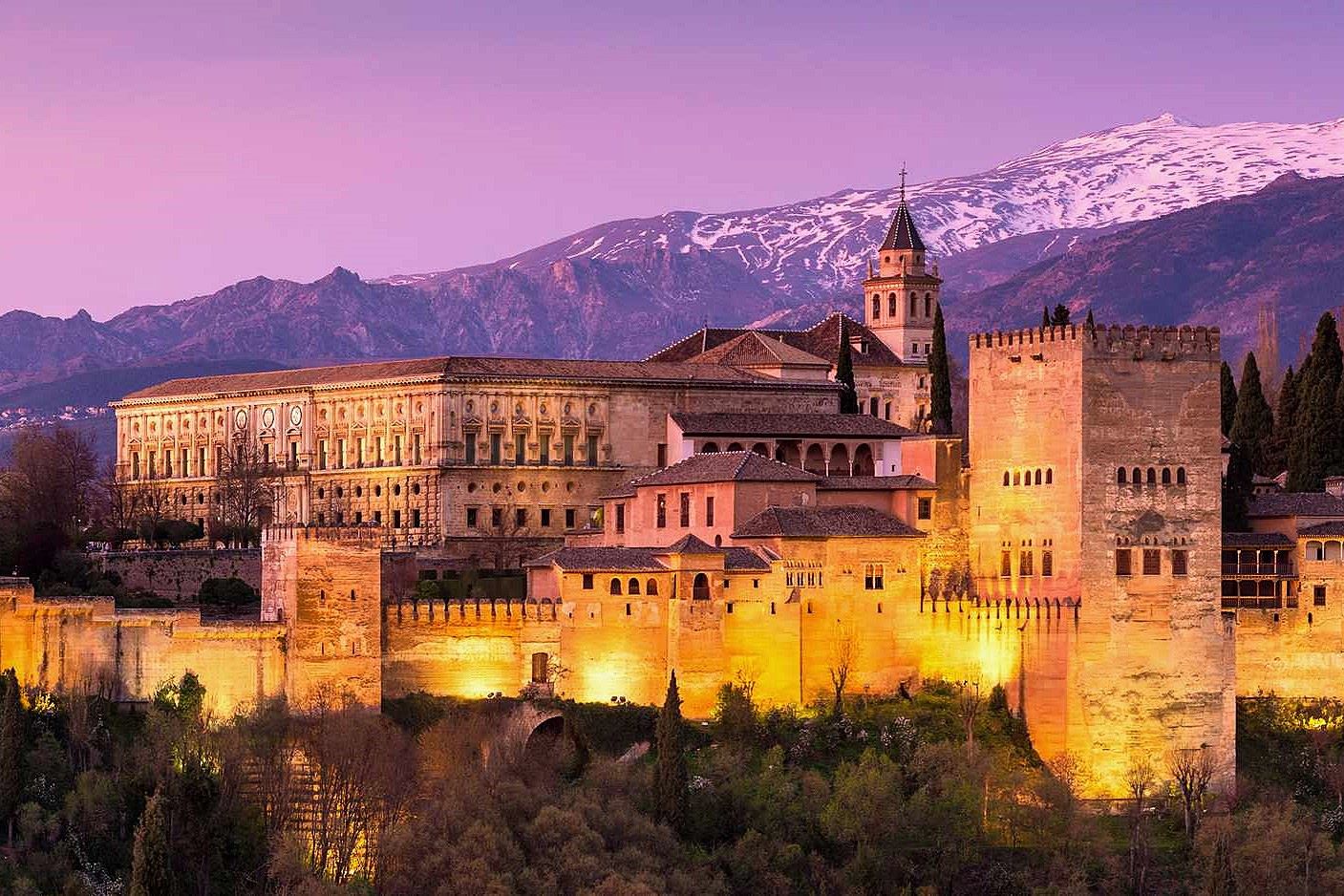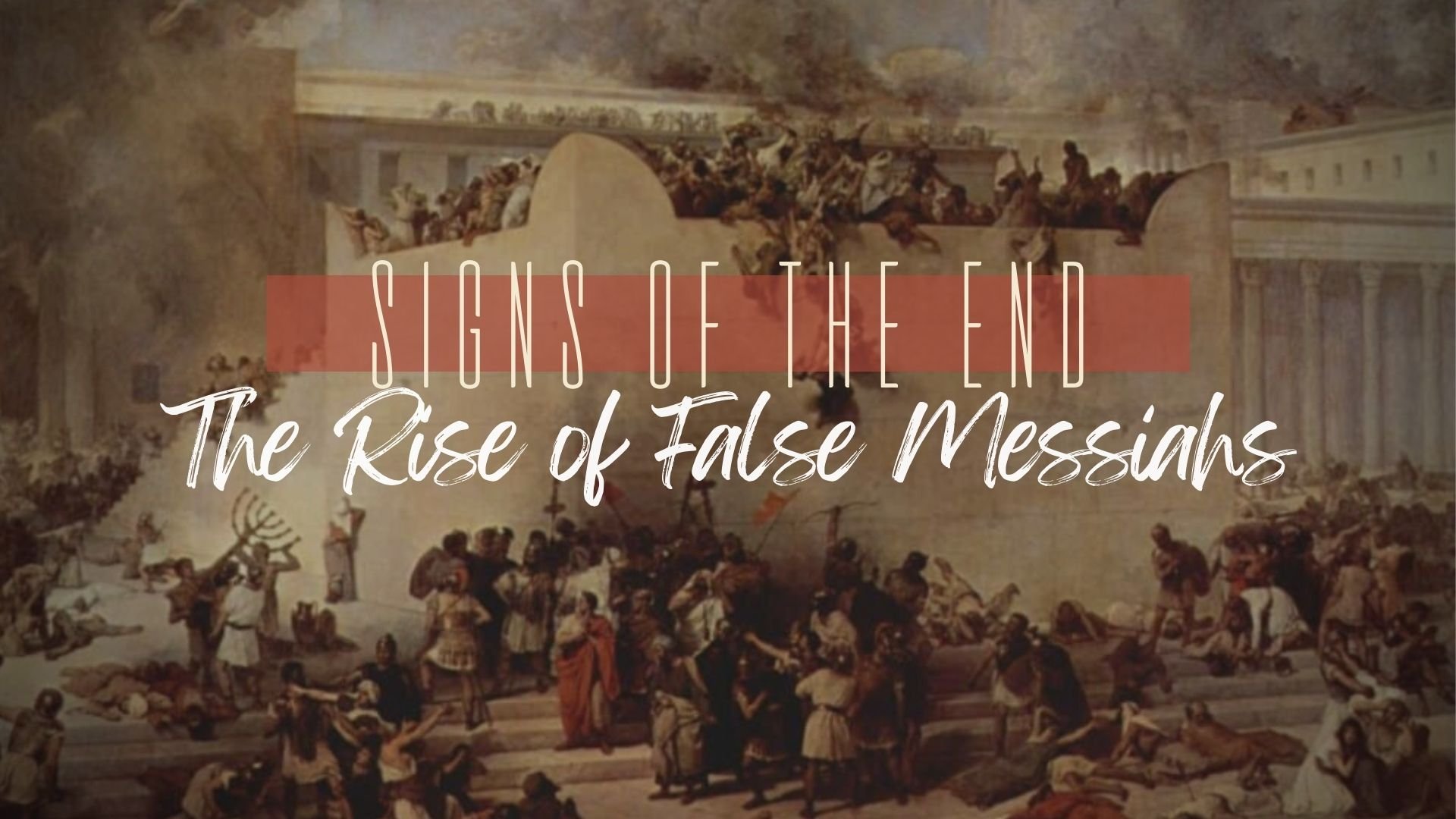
What is the Messianic Age? The Messianic Age, also known as the Messianic Era, is a future period where the messiah will reign, bringing universal peace and brotherhood. This concept is deeply rooted in Judaism, Christianity, and Islam. Each tradition has unique expectations and characteristics for this era. In Judaism, it involves the restoration of the kingdom of David, rebuilding the Temple, and universal knowledge of God. Christianity sees Jesus as the messiah who inaugurated this age, while Islam has its own interpretations. The Messianic Age promises a world free of evil, filled with spiritual and physical bliss, and universal worship of God.
What is the Messianic Age?
The Messianic Age is a future period of time when the messiah will reign, bringing universal peace and brotherhood. This concept is deeply rooted in the Abrahamic religions, including Judaism, Christianity, and Islam. Let's explore various aspects of this anticipated era.
-
Definition and Significance: The Messianic Age is envisioned as a time on Earth where the messiah will reign, eradicating evil and establishing the "kingdom of God" or the "world to come."
-
Jewish Belief: In Judaism, this era will see the restoration of the kingdom of David, the rebuilding of the Temple, and the re-establishment of ancient laws and sacrifices as prescribed in the Torah.
Characteristics of the Messiah
The messiah plays a central role in ushering in the Messianic Age. Jewish tradition outlines specific traits and actions expected of the messiah.
-
Descendant of David: The messiah must be a descendant of King David, dedicated to studying the Torah and observing its commandments.
-
Restoring Israel: The messiah will encourage all Israelites to follow the commandments and will fight the wars of God. Failure or death in battle disqualifies him as the promised messiah.
Purpose and Goals of the Messianic Age
The Messianic Age aims to restore the world to its original, untainted state, as it was before the sin of Adam and Eve.
-
Restoration of the World: This era will see a return to the natural order, free from corruption and evil.
-
Universal Awareness and Knowledge: The earth will be filled with the knowledge of God, permeating every aspect of existence and thought.
Miracles and Wonders
While miracles are often associated with divine intervention, Jewish tradition holds a different view regarding the messiah's need for miracles.
-
No Miracles Required: The messiah does not need to perform miracles to prove his messianity. The focus remains on the eternal statutes and precepts of the Torah.
-
Different Stages: Some rabbis believe the Messianic Age will have stages, starting with no change in the natural order and later marked by miracles, including the Resurrection of the Dead.
Physical and Spiritual Bliss
The Messianic Age promises ultimate physical and spiritual well-being, transforming the world into a paradise.
-
Healing and Immortality: All will be healed, and death will cease. The earth will yield abundant produce, and trees will bear ripe fruits daily.
-
No Special Importance to Physical Pleasures: Despite the availability of physical pleasures, they will not be craved. People will view them as necessities for survival, not as objects of desire.
Universal Worship and Unity
The Messianic Age will be marked by universal worship of God and unity among all nations.
-
Universal Worship of God: All nations will serve God in unity, seeking spiritual guidance from the Temple.
-
Restoration of the Temple: The messiah will rebuild the Temple, restoring the priesthood and traditional sacrifices.
Christian and Islamic Perspectives
The concept of the Messianic Age also holds significance in Christianity and Islam, with unique interpretations and expectations.
-
Christian Understanding: Christians believe Jesus Christ is the messiah who inaugurated the Messianic Age, using miracles to establish his kingdom during his lifetime.
-
Ahmadiyya Belief: In Ahmadiyya Islam, the present age is seen as the Messianic Age, marked by the teachings of Ghulam Ahmad K., who is considered the promised messiah.
Prophecies and Expectations
Prophecies in the Hebrew Bible and other religious texts describe the characteristics and events of the Messianic Age.
-
Prophetic Expectations: Prophecies like Isaiah 11:9 and Isaiah 40:5 describe a world filled with the knowledge of God and the revelation of God's glory.
-
Divine Spirit and Prophecy: Joel 3:1-2 predicts an outpouring of the Divine spirit, endowing people with prophecy and vision.
Restoration of Nature and End to Suffering
The Messianic Age will bring about a restoration of nature and an end to suffering, creating a harmonious world.
-
Restoration of Nature: Isaiah 2:2-3 and Micah 4:1-2 describe the establishment of God's House on the mountains, attracting all nations.
-
End to Disease and Death: Isaiah 35:5-6 foretells the healing of the blind, deaf, lame, and mute, and the cessation of death.
Life of Ease and Abundance
The Messianic Age promises a life of ease and abundance, with extraordinary fertility and the absence of war and famine.
-
Extraordinary Fertility: The earth will yield an overabundance of produce, with trees bearing ripe fruits daily.
-
No Famine or War: There will be no famine or war, and all good things will be available in abundance.
Talmudic and Midrashic Perspectives
Jewish texts like the Talmud, Midrash, and Zohar provide additional insights into the timing and nature of the Messianic Age.
-
Timing of the Messiah's Arrival: According to these texts, the messiah must arrive before the year 6000 from the time of creation, corresponding to the year 2240 on the Gregorian calendar.
-
Converting to Judaism: Some rabbis debated whether converts should be accepted during the Messianic Age, with differing opinions on the matter.
Universal Peace and Brotherhood
The ultimate goal of the Messianic Age is to establish universal peace and brotherhood, uniting all of humanity in harmony.
-
Universal Peace: The messiah will mend the world, ensuring that all serve God in unity, as described in Zephaniah 3:9.
-
Brotherhood Among Nations: Nations will come together, seeking spiritual guidance and learning from the ways of God.
-
End to Evil: The Messianic Age will eradicate evil, restoring the world to its original, untainted state.
The Messianic Age: A Vision of Peace and Unity
The Messianic Age paints a vivid picture of a future filled with peace, unity, and spiritual enlightenment. Rooted in Judaism, Christianity, and Islam, this era promises a world where the messiah reigns, bringing an end to evil and suffering. Key elements include the rebuilding of the Temple, universal worship of God, and the resurrection of the dead. The earth will flourish with abundance, and disease and death will cease. Despite differences in interpretation, the core idea remains the same: a restoration of the world to its original, unblemished state. Understanding these aspects offers a glimpse into the profound hope and expectation that the Messianic Age holds for believers across these faiths. This era represents the ultimate fulfillment of divine promises, a time when humanity will live in harmony with each other and with God.
Was this page helpful?
Our commitment to delivering trustworthy and engaging content is at the heart of what we do. Each fact on our site is contributed by real users like you, bringing a wealth of diverse insights and information. To ensure the highest standards of accuracy and reliability, our dedicated editors meticulously review each submission. This process guarantees that the facts we share are not only fascinating but also credible. Trust in our commitment to quality and authenticity as you explore and learn with us.


